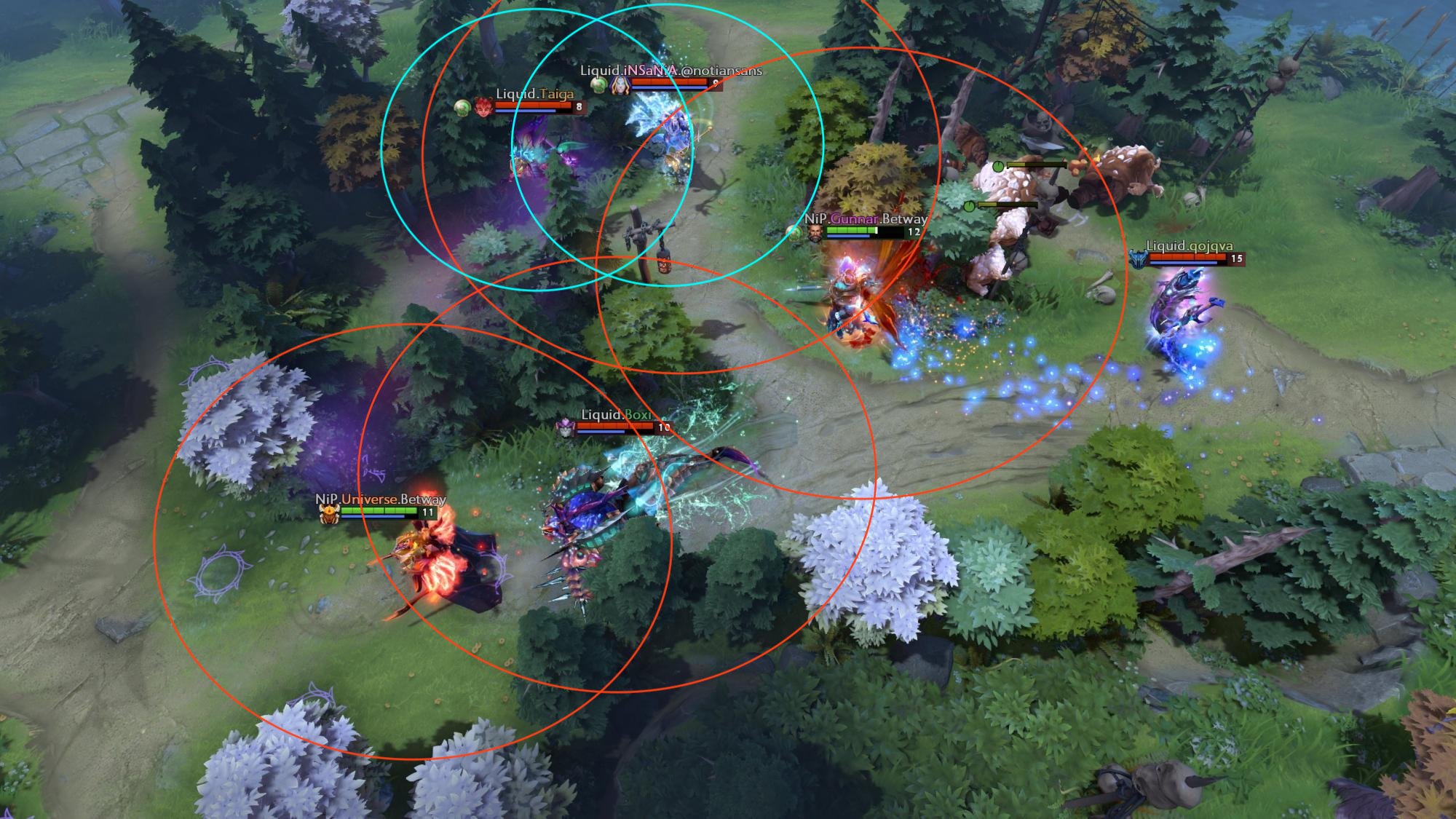
Predicting DOTA 2 esports match outcomes with recurrent neural networks
Esports are complex videogames played competitively. DOTA 2 is one of the hardest to master of them all, and supports a global competitive environment with hundreds of millions of participants.
Due to the complexity of DOTA 2, commentators, audiences, and players can miss events happening during live matches. This makes it necessary to utilize esports analytics to bring attention to important events that can aide in match outcome prediction. One of the most important events are team fights, when players from opposing teams encounter and battle each other.
Despite their importance across strategy, gameplay and audience experience, team fights remain relatively unexplored. Their role and potential to support match prediction models not well understood.
In the new research paper by SDU professor Anders Drachen and an international team of researchers, a new definition of teamfights in DOTA 2 is presented, as well as an algorithm for extracting them from game logs. Deep learning models are then used to analyze the influence of team fights on overall match outcomes. Results from eight different types of Recurrent Neural Network (RNN) models showed that teamfights send a strong signal about which team will win the match. These promising results are now set to boost the accuracy of prediction models in esports.
Furthermore, the research contributes to the development and automation of in-game camera movements to guide spectators, and provide commentators with real-time data-derived predictions.
The paper, titled: "Match Outcome Prediction in MOBAs with Deep-Learning-based Team Fight Models" will be made available when the IEEE Conference on Games kicks off later in 2022.